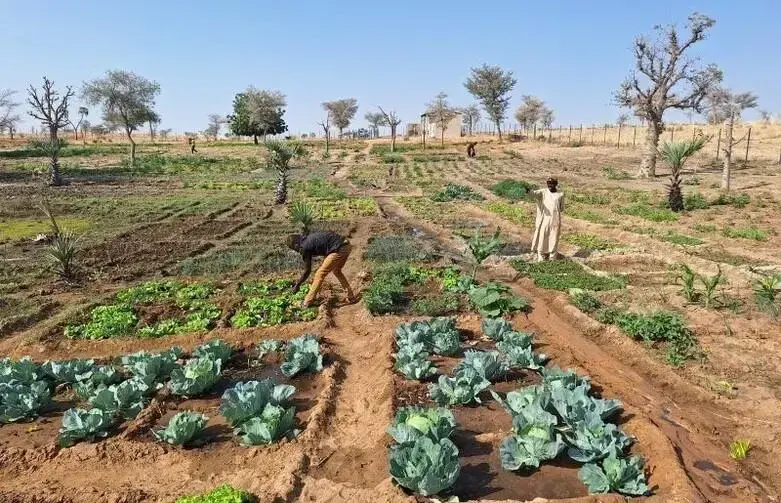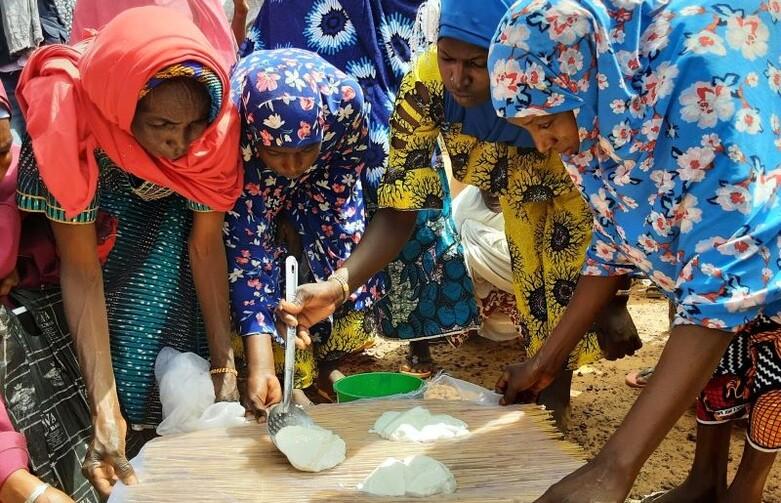Context
Around 70 per cent of the population of the Sahel is rural. People there are facing huge challenges because of climate change, food insecurity, poverty and poor access to social services. Women in particular are affected by gender inequality. The situation is further aggravated by violence, forced displacement, and political and economic instability.
Objective
Resilience among the population is enhanced in selected districts in Burkina Faso, Chad, Mali and Niger. Food security, local governance and social cohesion are strengthened, as too is the management of natural resources and associated conflicts.
Approach
The project works closely with the UN World Food Programme (WFP) and the United Nations Children’s Fund (UNICEF). It operates in three fields of activity:
1. It trains local administrations and committees responsible for justice in natural resource management and for conflict prevention. In the Sahel region, this primarily concerns access to water and land. Women in particular should be able to own land, something they are often denied. The project also trains local committees to ensure that municipalities can be better prepared for potential disasters such as droughts or floods.
2. The project advises local municipal representatives and traditional authorities on engaging in dialogue in municipalities, thus providing an opportunity for joint discussions on conflicts and solutions. The project also supports the municipalities in implementing measures such as sports and cultural events or infrastructure projects. This brings together different population groups and improves relations between them.
3. With the aim of ensuring an adequate, balanced and nutritious diet, the project supports smallholders and cooperatives by providing training, equipment and infrastructure, such as wells.
Last update: April 2025

